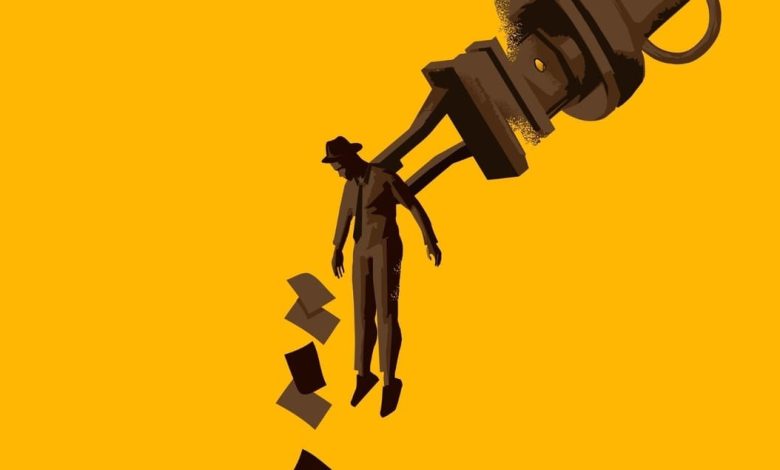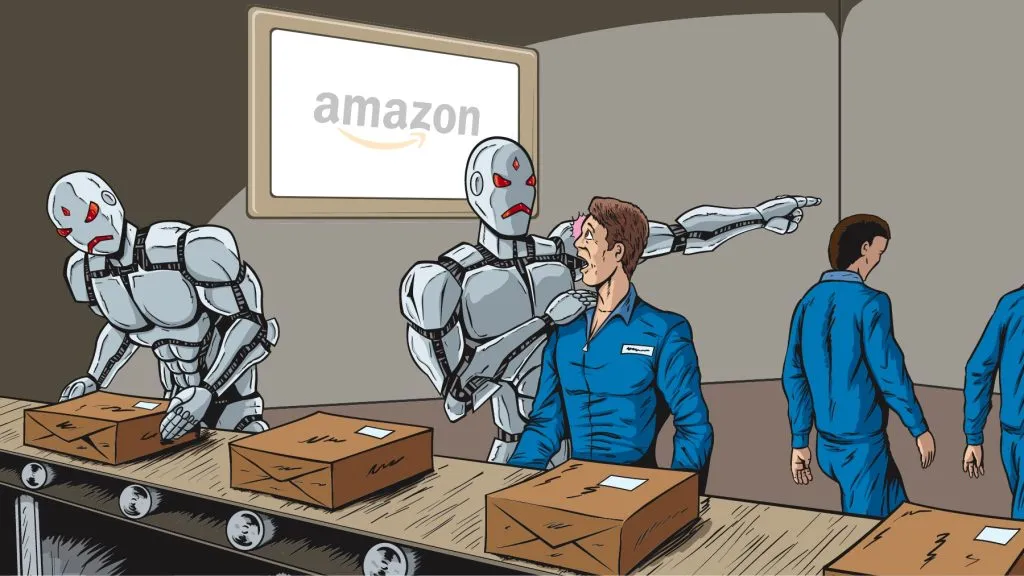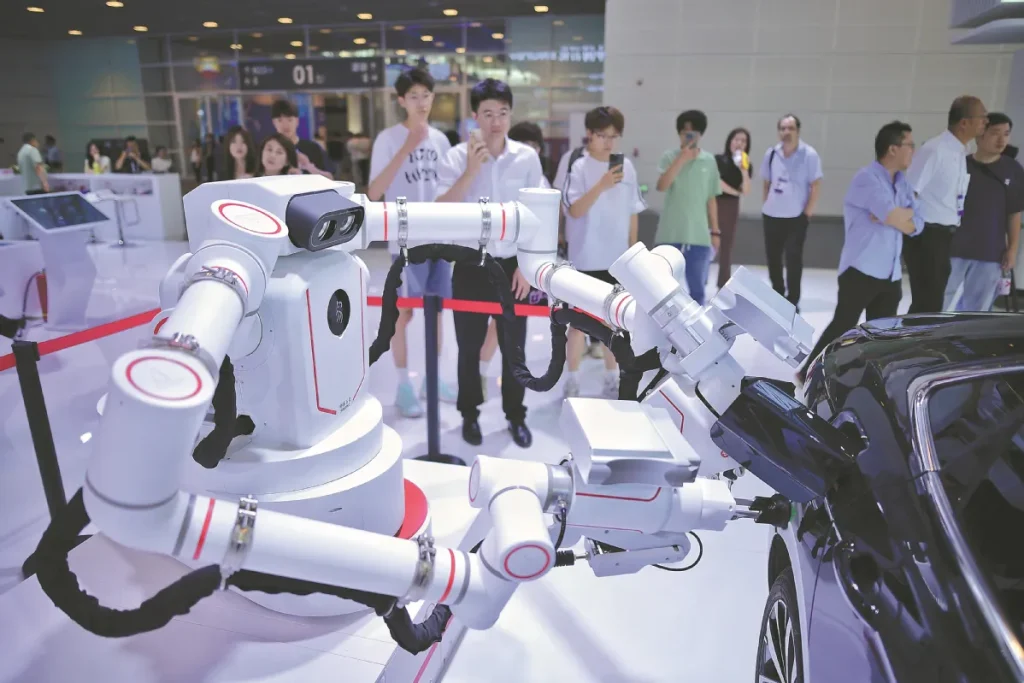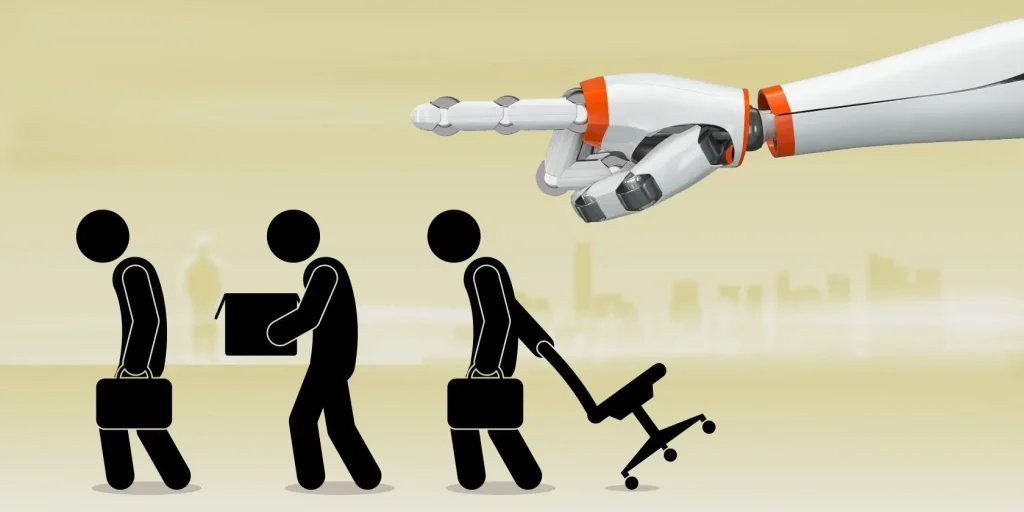
Can Robots Ever Truly Replace Human Labor?
While automation grows fast, can robots ever truly replace human labor? We explore what machines still lack—and may never fully achieve.
Given the rapid pace of runs dotations and runs artificial intelligence, one can’t avoid asking: When will robots be able to effectively do all the jobs humans do? The debate creates problems on the news, influences business predictions, and creates unease among those in the workforce. Robots are now very good at welding vehicles, sorting packages, and answering customer service queries. But does robots actually have the capability of replacing all human jobs?
Although robots are getting better in ability, they are still constrained by significant limitations. Technology in use for tasks can increase efficiency and yet an ultimate replacement of all workers is an extremely long and not realistically accomplishable desire. Machine-human partnership might be the new norm, but machines only complimenting and not replacing jobs.
Emotional Intelligence Still Belongs to Us
The thing setting humans apart from robots is their emotional intelligence. Omitting empathy, intuition, and social dynamics knowledge, machines find their way to handle subtle matters difficult. In Health care, education and customer service it is vital to be able to pick up on and respond to emotions for success. Robots do not have the capacity to really simulate such aspects.
The need for real human interaction is still compulsory for positions that require persuasion, negotiation or conflict resolution. Robots can never be comparable to the personalize warmth or decision-making skills that humans naturally offer due to any level of progress.

Adaptability in Unpredictable Environments
Another limitation lies in adaptability. Will robots ever replace humans completely in constructs such as construction sites, emergency services, or hospitality, where the scenario is always dynamic? Unlikely—at least for now. With rapid thinking, humans will be able to deal with unexpected problems while robots will require clear guidelines in advance and make mistakes when the situation changes.
Although robots excel in manufacturing, workers are still needed to monitor, fix equipment and make rapid decisions as required. Such flexibility when dealing with unexpected situations is still far from achievable with today’s automation.

Creativity, Innovation, and the Human Touch
Creativity, intuition and inspiration are absolutely human qualities and are vital to the element of innovation. Will technology ever completely replace human creativity and intuition behind works in arts, design, writing, and strategic planning? Technology can do human work on its limit and even imitate some aspects of it, but innovation and individual inspiration is based on the human mind.
Moreover, professions that are dependent on culture awareness, storytelling art and artistic discretion are solely a human affair. When robots create content, they fail to understand context, the audience, and emotion the way people can. These roles are to a large extent assistive by technology, not fully replacing it.

Jobs Are Changing, Not Disappearing
Though the fear of losing jobs is not unreasonable, it may be that the real trend is a slow shift in position of jobs. In the era of machine-driven tasks, people are being attracted to job positions that participate in decision-making and communication and the like. Will human labor completely fail to be replaced by robots as long as new job sectors are being developed continuously?<< History suggests no.
As technology has progressed from the big industries to our personal gadgets, the labor markets have been re-shaped, but at core, they have created new job roles. The modern trend regarding automation is to re-play history’s familiar steps.
As robots continue to gain ground and sophistication in skills, they lack that emotional depth that humans have. Although automation is being taken further, full replacement by machines is still far. Instead, we should be discussing not the possibility of our being completely replaced, but how we might learn to thrive alongside automation.



